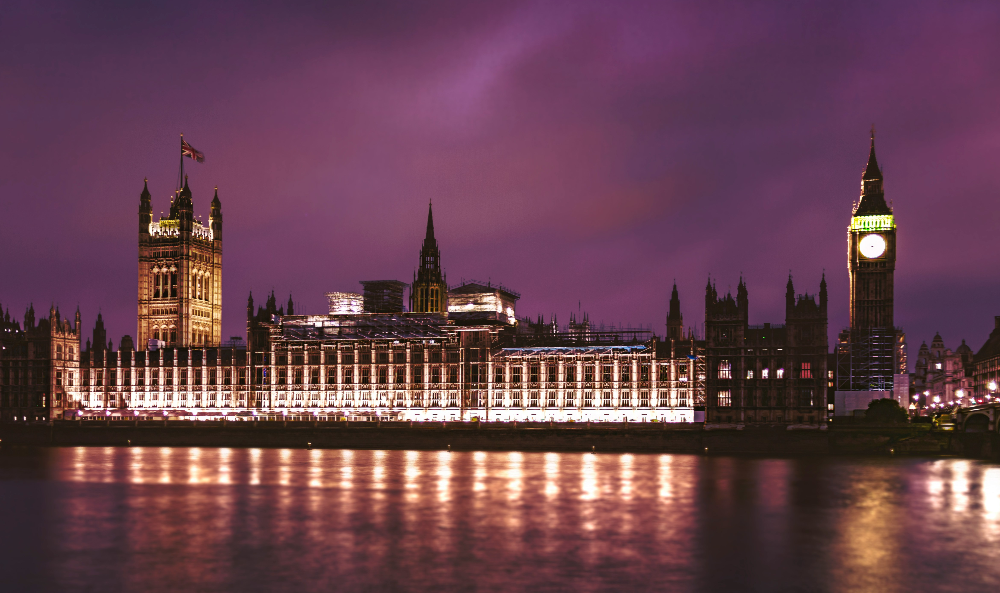
And they're off!
I suspect you would have got long odds on the primary Gambling Commission-related General Election story concerning an ill-advised bet on the precise timing of polling day. But away from such entertaining diversions, the election provides a valuable reminder that things change, and that the gambling industry needs to be prepared for change.
The core message is simple. No new Gambling Act has been passed by the outgoing government, and unless something pretty radical happens over the next couple of weeks, on 5th July a new minister, with a whole new take on the entire area of safer/responsible gambling will be in place.
Are we ready?
If we assume politicians to be honest (no laughing at the back please) then the recently published manifestos can give us a sense around what we might expect in the coming months and year.
Looking at Labour first, which on current polling seems like a good idea, we read this:
“Labour is committed to reducing gambling-related harm. Recognising the evolution of the gambling landscape since 2005, Labour will reform gambling regulation, strengthening protections. We will continue to work with the industry on how to ensure responsible gambling”
You could probably read this any way you choose, and this statement has been welcomed by the Betting and Gaming Council. That isn’t a surprise of course - they would hardly want to get off on the wrong foot with what is effectively the government-in-waiting.
But far more significant, to my eyes at least, is where this statement is found. Not under plans for economic growth, or supporting British business. No, it is under the heading “Action on public health”.
The moment gambling is considered under the aegis of “public health”, the industry should consider itself in trouble. It suggests an attitude of “how much gambling should we allow?” rather than “how much gambling should we restrict?”, and whilst that might sound like a meaningless distinction, it most definitely is not. The public health approach starts with an assumption that gambling is bad. And that’s bad news for the industry.
The Conservatives, who might be considered more natural champions of gambling, racing and the rest, have nothing at all to say on the subject, although to be fair they have a lot on their minds right now.
And let’s not forget the Liberal Democrats. In their manifesto we find this:
Combat the harms caused by problem gambling by:
- Introducing the planned compulsory levy on gambling companies to fund research, prevention and treatment.
- Restricting gambling advertising.
- Establishing a Gambling Ombudsman to redress wrongs.
- Implementing effective affordability checks.
- Taking tough action against black market gambling.
Which, although it appears in the “Culture and Sport” section of the document (win) is pretty clear about where they stand on affordability checks and indeed the regulation of gambling in general.
What does it all mean?
Some might be tempted to dismiss the Liberal Democrats as irrelevant, but what the manifestos collectively tell us is what we’ve known all along: the gambling conversation, and the affordability conversation in particular, is not going away.
From the 5th July onwards, the industry is going to have to work with a new government, with a whole new take on the subject. And in the case of Labour, that take is ‘public health’. I know we’ve heard some reassuring words, but reassuring words are the stock-in-trade of any party ahead in the polls and worried about spooking the horses.
I certainly think it would be a mistake to assume a Labour government will leave gambling alone, and that includes leaving the new voluntary code untouched. Expect a focused eye on ‘problem gambling’ under the remit of public health, and an inclination to legislate in areas that we like to imagine fall under ‘personal choice’. If we aren’t careful, things could get very painful indeed.
With that in mind, as always it would be helpful for the industry to get ahead of the conversation. To listen to some elements of the press, an industry built on a sizable number of people losing large amounts of money is absolutely a-OK. I suspect that argument will not wash for much longer, and certainly won’t survive much press coverage relating to gambling harm.
On the other hand, an industry that engages seriously with the issues at hand, and that demonstrates a willingness to have a serious conversation around protecting customers in the right way, is going to enjoy a sustainable future no matter who is in government. That’s the theory. It’s time to put it to the test.








